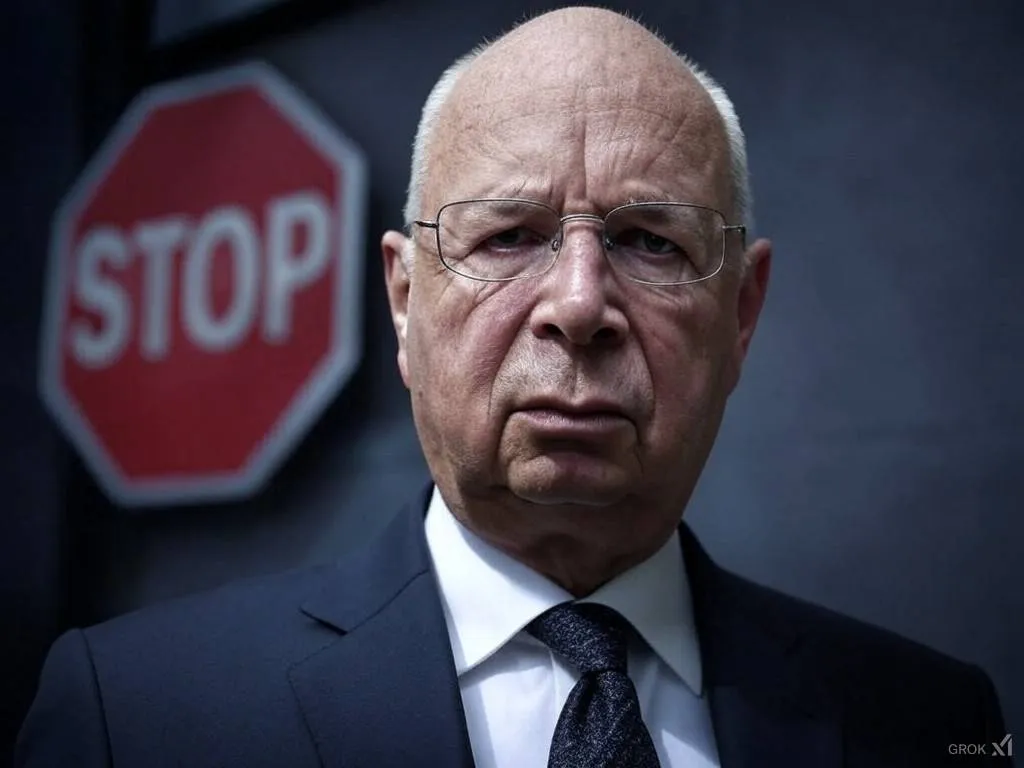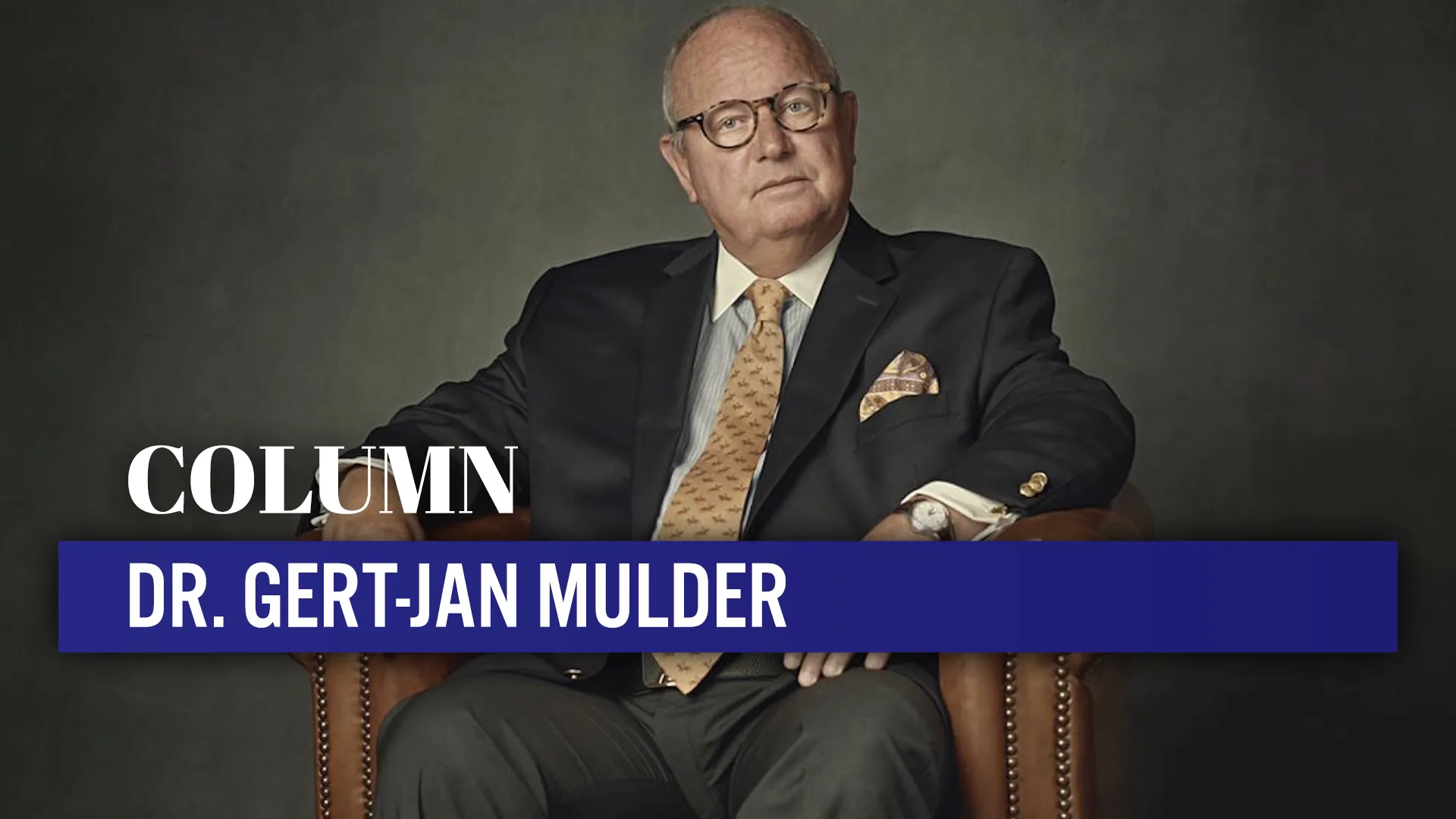Onderzoeken naar Climategate-schandaal gewogen en te licht bevonden

Onlangs heeft het 'Science and Technology Committee' van het Britse parlement zich opnieuw over de uitkomsten van beide onderzoeken gebogen. Daaruit bleek dat ook de commissie van mening was dat de genoemde rapporten belangrijke tekortkomingen vertoonden.
TWO inquiries into claims that scientists manipulated data about global warming were yesterday condemned by MPs as ineffective and too secretive.
The row, which became known as Climategate, erupted in 2009 over allegations that researchers had deliberately strengthened evidence suggesting human activity was to blame for rising temperatures.
MPs on the Science and Technology Committee have now concluded that both probes into the scandal had failed to fully investigate claims that scientists had deleted embarrassing emails.
The investigations were set up after around 4,000 leaked emails and documents appeared to show that scientists at East Anglia Universitys Climate Research Unit had manipulated data to strengthen the case for man-made global warming.
UEAs Independent Climate Change Emails Review was led by Sir Muir Russell, while the Scientific Appraisal Panel was led by Lord Oxburgh.
But the MPs said they had reservations about both inquiries.
They criticised the brevity of the appraisal panel report, at a mere five pages, and said both investigations should have been more open to the public.
The committee also said the emails review did not fully investigate the serious allegation relating to the deletion of emails and instead relied on a verbal reassurance that the messages still exist.
Though the committee was split over the credibility of the inquiries, an amendment put forward by Labour MP Graham Stringer which said that they had not been independent was voted down by members.
He said Lord Oxburgh appeared to have a conflict of interest because of his links to green businesses while the Emails Review panel included a former Climate Research Unit scientist.
He maintained: We are now left without a clear understanding of whether or not the CRU science is compromised.
The report by the Science and Technology Committee shows that the inquiries into the conduct and integrity of scientists at the Climatic Research Unit were deficient and biased.
In particular, the report finds that:
- UEA Vice-Chancellor Professor Acton misled the House of Commons Committee over the nature of the Science Appraisal Panel (paragraph 23).
- As Graham Stringer MP, a member of the Committee, has pointed out: "The Oxburgh panel did not do as our predecessor committee had been promised, investigate the science, but only looked at the integrity of the researchers ... This leaves a question mark against whether CRU science is reliable."
- Lord Oxburgh's Science Appraisal Panel may have not been wholly independent (paragraph 32).
- The review by Lord Oxburgh lacked rigour and diligence (paragraphs 33; 61).
- The Inquiries failed to investigate the serious allegation relating to the deletion of e-mails in response to an FOI request (89).
- None of the inquiries have determined if CRU staff actually contacted the journals they discussed threatening. The alleged threatening of the highly respected journal Geophysical Research Letters, arguably the most important incident in this area, has yet to be examined at all. The committee's finding in this area is shameful.
There are proposals to increase worldwide taxation by up to a trillion dollars on the basis of climate science predictions. This is an area where strong and opposing views are held. The release of the e-mails from CRU at the University of East Anglia and the accusations that followed demanded independent and objective scrutiny by independent panels. This has not happened.
The composition of the two panels has been criticised for having members who were over identified with the views of CRU. Lord Oxburgh as President of the Carbon Capture and Storage Association and Chairman of Falck Renewable appeared to have a conflict of interest. Lord Oxburgh himself was aware that this might lead to criticism. Similarly Professor Boulton as an ex colleague of CRU seemed wholly inappropriate to be a member of the Russell panel.
No reputable scientist who was critical of CRUs work was on the panel, and prominent and distinguished critics were not interviewed. The Oxburgh panel did not do as our predecessor committee had been promised, investigate the science, but only looked at the integrity of the researchers. With the exception of Professor Kellys notes other notes taken by members of the panel have not been published. This leaves a question mark against whether CRU science is reliable. The Oxburgh panel also did not look at CRUs controversial work on the IPPC which is what has attracted most [serious] allegations. Russell did not investigate the deletion of e-mails. We are now left after three investigations without a clear understanding of whether or not the CRU science is compromised.


